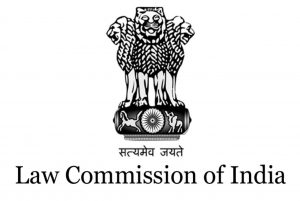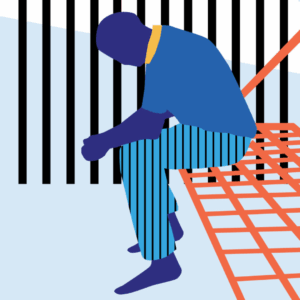
Law Commission of India, Death Penalty Report
- News
- 31 Aug 2015
In order to understand the views of all key stakeholders in India, the 20th Law Commission of India released a consultation paper on the death penalty in May 2014, inviting responses from those interested to express views on various aspects of the death penalty. Upon invitation by the Special Envoy for Human Rights at the Swiss Foreign Ministry, Co-Executive Director Saul Lehrfreund was invited to participate in several meetings with the Chairman of the Law Commission to discuss key issues surrounding the death penalty, including global trends, international norms, public attitudes to the death penalty and the role of the judiciary in sentencing.
To solicit further responses, the Commission also organised a day-long Consultation in July 2015, inviting eminent lawyers, distinguished judges, political leaders, academics, police officers and representatives of civil society. Professor Roger Hood, renowned international academic authority and researcher on the death penalty, was invited to participate in the roundtable consultation where he was the only foreign expert in attendance. Professor Hood was also invited by the Commission, in association with the National Law University and the OP Jindal Global University, to deliver a public lecture on the evening prior to the Consultation. Co-Executive Director Saul Lehrfreund was also invited by the Chairman to address the Law Commission in Delhi on regional and international developments on the death penalty.
On 31 August 2015, the Law Commission published its findings and recommendations, with the key policy recommendation that the death penalty should be abolished for all crimes excluding terrorism, in the near to medium future.

















